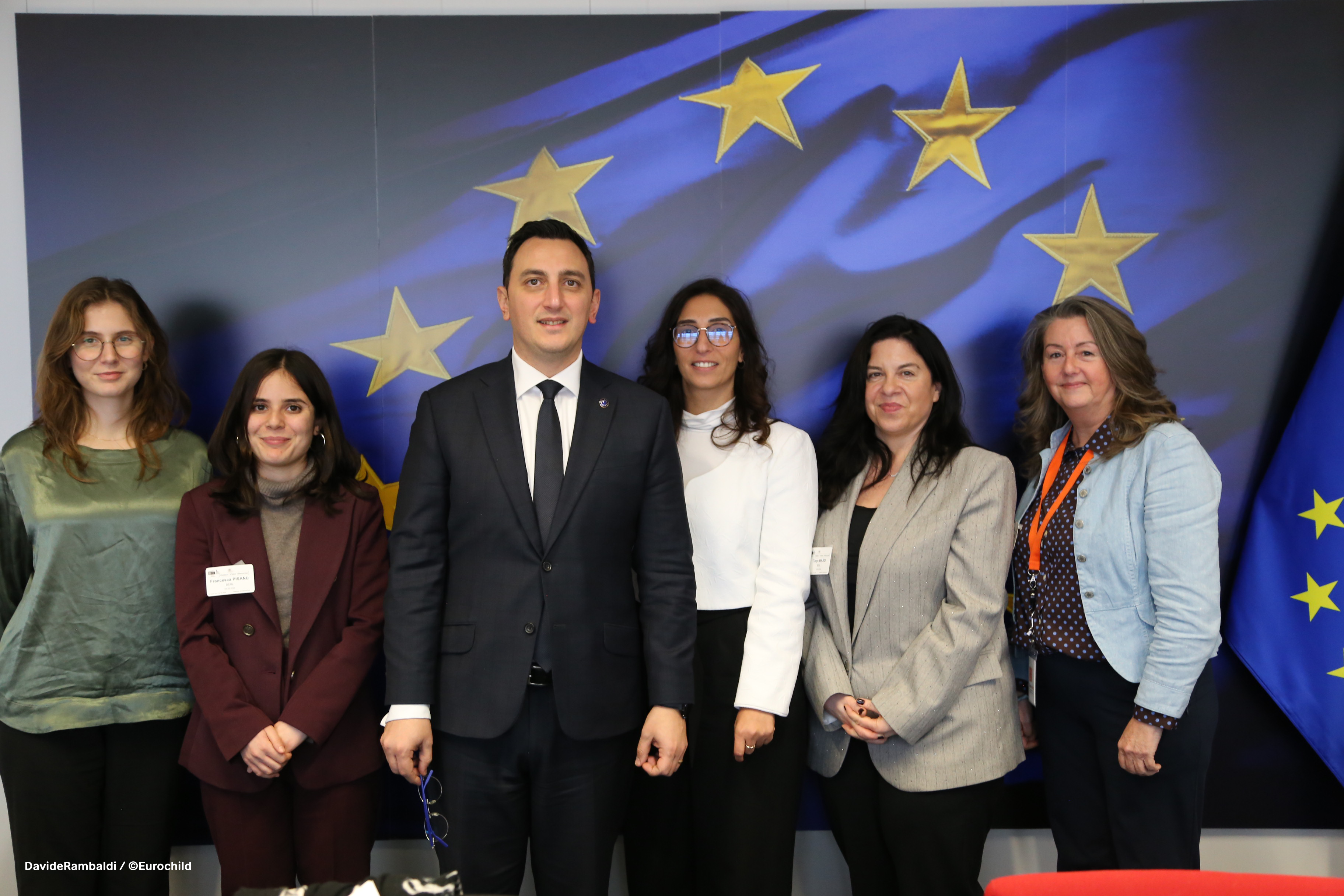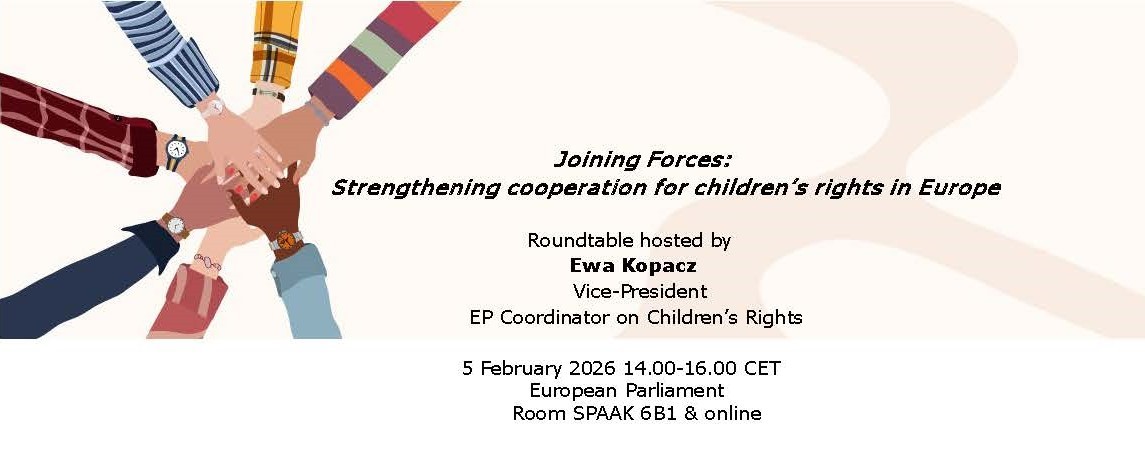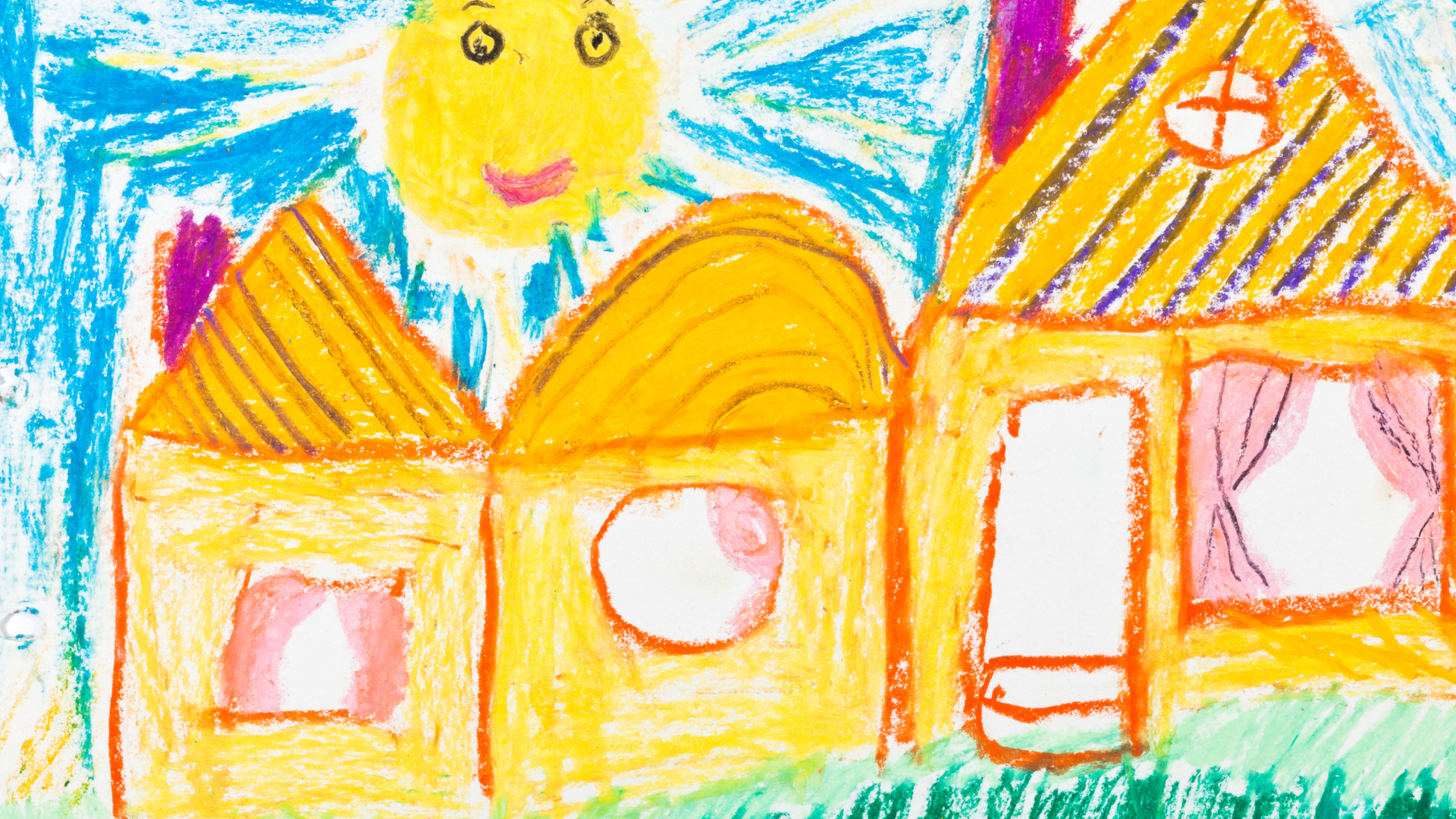Parental Activism in Bulgaria
A blog by Galina Markova, Director of the Know How Centre for Alternative Care for children, New Bulgarian University on parental activism in Bulgaria.
The consensus among professionals working with children about the "profile of today's parent" is striking. Typically, this parent is described as neglectful, someone who shifts their responsibilities onto professionals, denies their child's problems and fails to engage in addressing them. These views are shared across various sectors involved with children, including health, social services, and education.
However, a study on parental activism in Bulgaria presents a different perspective. The "modern parent" — whether as an individual or as part of an organization — compels professionals to work collaboratively, concentrate their efforts, and build individualized relationships with each child and their family. This parent, through their actions, drives reforms in education, healthcare, and social services by emphasizing the importance of individual care. They champion democratic principles regarding the value of the individual, challenging the group-based pedagogical approaches inherited from the socialist era.
Conducted by the Know How Center for Alternative Child Care at New Bulgarian University and consulted by David Tobis and Andy Bilson, experts in parental activism in Great Britain and the USA, this research explores whether parental activism exists in Bulgaria, who supports these active parents, their goals and achievements, and the obstacles they face.
The team defines activism as "actions that change attitudes and perceptions towards people, systems, procedures, and the social environment. It requires persistence, mechanisms to empower individuals, and an organizational structure that governs relationships among those involved. Activism can start with family change, grow into community change, and eventually reach political and national levels."
The study reveals the following findings:
- Based on the definition of activism, Bulgaria has 34 parent organizations, 5 informal parent networks, and 50 active parent advocates. These efforts are supported by 40 organizations and 22 individuals, including representatives from municipalities, universities, and NGOs.
- Parental activism is most pronounced in the field of disabilities, with its influence extending internationally. In the social sector, parent activists often work individually to effect systemic changes. Informal parent networks wield significant influence, and in the health sector, parent organizations now collaborate as teams with healthcare professionals.
Barriers to activism include fears of public exposure, marginalization of active parents, and management challenges within parent organizations. A primary obstacle is that, prior to this research, activism was not a recognized field for uniting parents in collective action.
This research challenges the perception of parental passivity and argues that parents are a vital resource for individualized care. Key questions arising from the study include:
- Is the individualization of care for parents and specialists a shared objective?
- How can mistrust between parents and specialists be overcome?
- What new skills are required for effective partnership working?
These questions are crucial for specialists, as they are responsible for transforming the "modern parent" into a partner essential for achieving meaningful outcomes with the child.
The study also provides examples of how many professionals are already implementing these practices. For parents, the research team has developed tools to measure: the level of activism development, the capacity of organizations to empower their members, internal and external barriers to activism, and accomplishments.
This research is funded by Tania's Dream fund as part of its strategy - to transform the social care system towards preventing child-family separation.
For further information, contact Galina Markova, Director of the Know How Centre for Alternative Care for children, New Bulgarian University.





